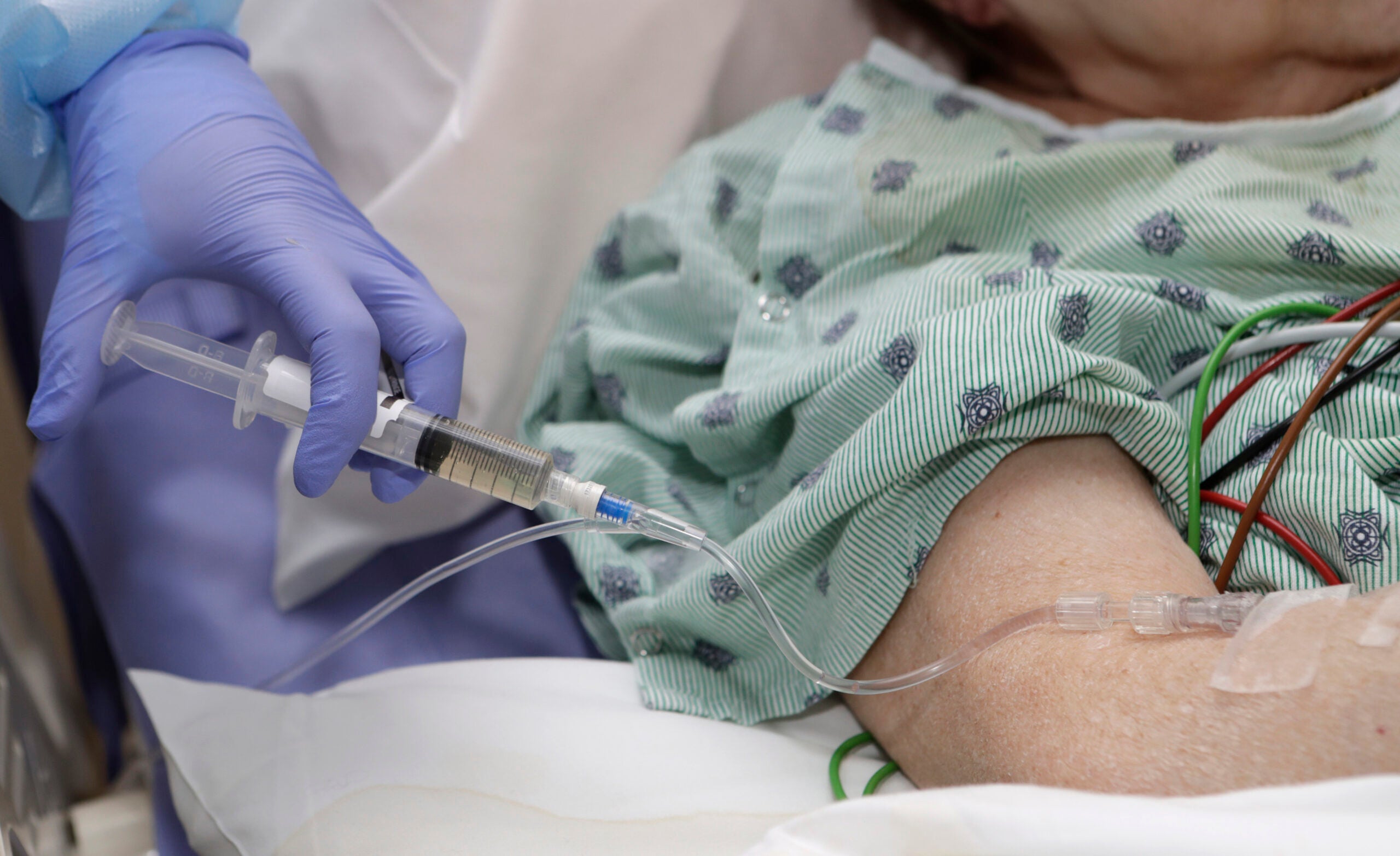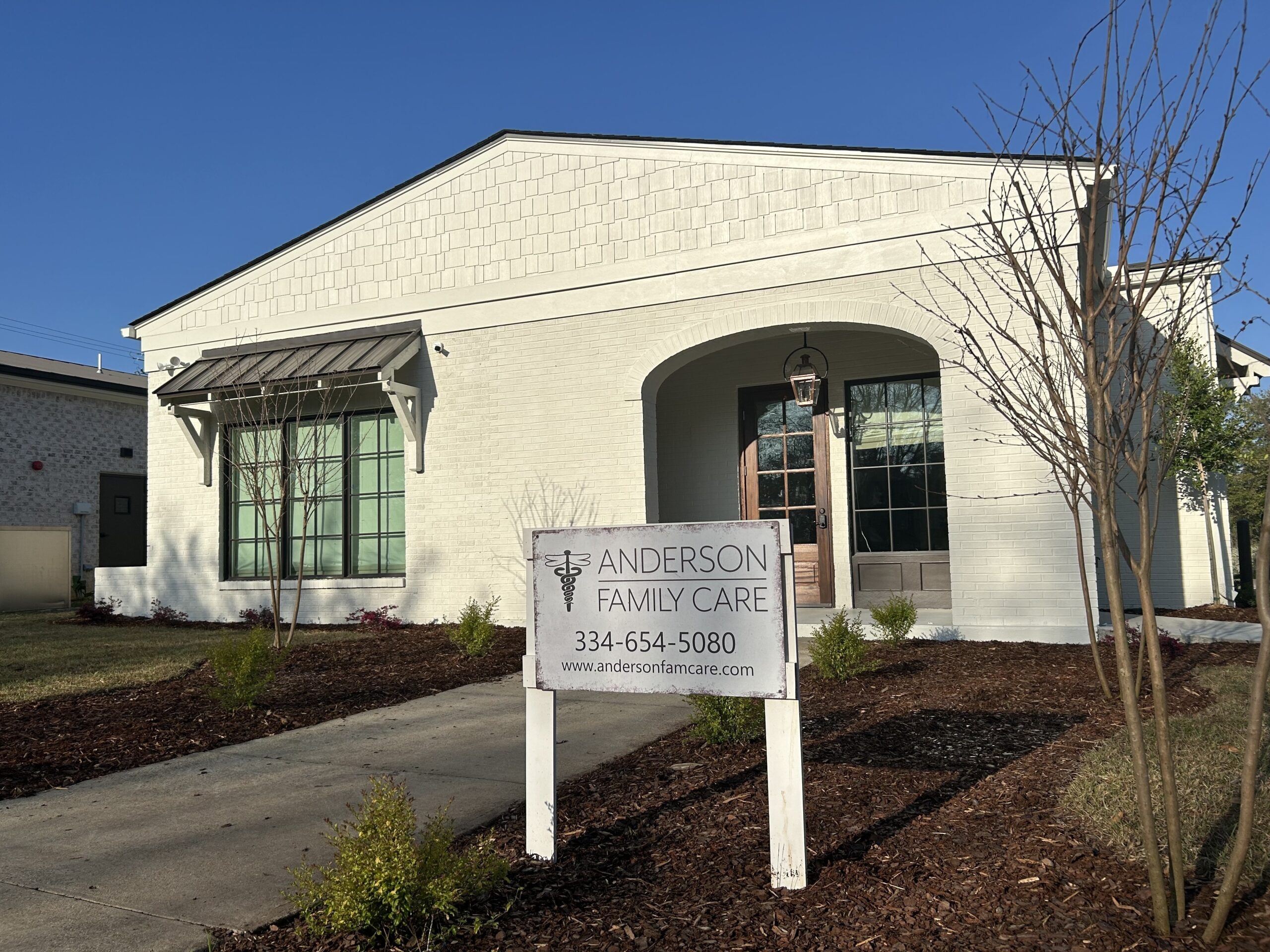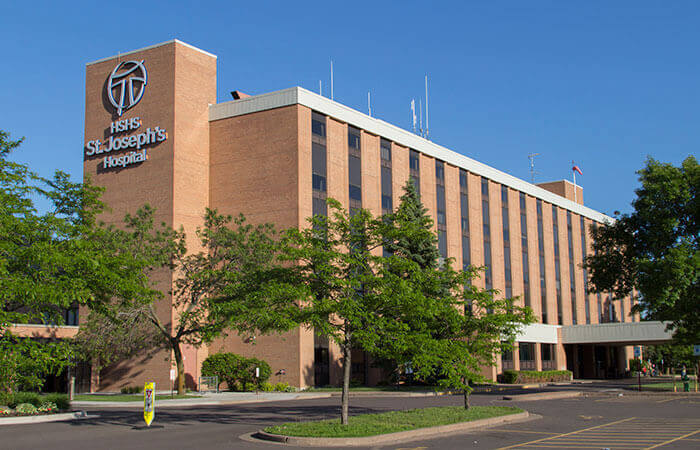Over 100 hospitals are calling on state lawmakers to boost Medicaid reimbursement to bring it closer to the actual cost of care.
Hospital officials on Monday signed-off on a letter to members of the Legislature’s Joint Finance Committee, requesting $185 million annually to cut their financial losses from low Medicaid reimbursement “in half.”
“We are not asking to be reimbursed over our cost — we are simply asking that the state not push the unfunded costs of Medicaid onto hospitals any longer, especially when there is a strong surplus in our state budget,” the letter from the Wisconsin Hospital Association states.
Stay informed on the latest news
Sign up for WPR’s email newsletter.
In the first half of last year, the state’s hospitals, on average, spent more than they brought in. The letter warns losses have become “the new normal.” While 95 percent of hospitals in Wisconsin are nonprofits, the letter said they cannot continue operating at a deficit. Medicaid is a federal program that insures low-income people. In Wisconsin, much of Medicaid is administered through the state’s BadgerCare Plus program.
Over the last six months, three rural hospitals have discontinued labor and delivery services, a suburban Wisconsin hospital closed a 16-bed psychiatric unit, urban hospitals are reporting long wait times for tertiary care and months-long waits for specialists, according to the Wisconsin Hospital Association. And back in March, Marshfield Clinic Health System announced it was laying off more than 300 employees.
On top of those challenges, the association says one-tenth of health care positions in a given hospital remain vacant.
Eric Borgerding, CEO of the Wisconsin Hospital Association, said the state hasn’t seen a hospital closure since 2011, and the request to the Legislature is aimed at keeping it that way.
“Hospitals and access to health care in Wisconsin is some of the best in the country,” he said. “What we want to avoid is having it start to crumble, having hospitals close, having a really catastrophic thing happen before we try to prevent those things from happening.”
Borgerding said the $185 million request represents less than one-quarter of the state’s nearly $800 million Medicaid surplus and less than 3 percent of the existing general fund surplus. The request also comes as Wisconsin is projected to have an overall budget surplus of $6.9 billion by the end of June.
“We’ve got a historic opportunity from a resources perspective to invest in our health care system,” Borgerding said.
He said the budget request would improve Medicaid reimbursement from covering roughly 67 percent of the cost of care to around 85 percent. Those funds would also help address high labor costs and improve access to behavioral and mental health care.
“We don’t think it’s the Legislature’s responsibility to improve hospital margins. That’s not what we’re talking about,” he said. “We’re really asking, with respect, our partners in the state Capitol … to directly affect the part of health care that they have, frankly, the most control over — and that is the Medicaid program.”
The letter hospital officials sent to the Legislature was careful not to mention Medicaid expansion. Wisconsin is one of 10 states that have not adopted Medicaid expansion under a provision in the Affordable Care Act that would give coverage to Wisconsinites making up to 138 percent of the federal poverty level.
Democratic Gov. Tony Evers included Medicaid expansion in his biennial budget proposal, but Republicans removed it from the budget earlier this month.
According to the state Department of Health Services, Evers’ proposal would generate $1.6 billion in savings for the state, and would have included $250 million to increase Medicaid reimbursement rates and $626 million to increase payments to hospitals.
Republicans have equated Medicaid expansion to growing the state’s welfare system, and have warned it could financially strain Wisconsin if federal support for the program wanes in the future. Democrats have argued that Republicans are ignoring the will of voters, noting that Evers won reelection and issues like Medicaid expansion are popular.
Those divisions are part of the reason Medicaid expansion wasn’t mentioned in the letter hospitals sent. Borgerding said the hospital association wants to work through the confines of Wisconsin’s divided government to find a way to ensure as many people as possible have access to care.
“We really try to navigate the political process, so that … we’re making progress in providing the resources needed to fund the approach to health care coverage that we have chosen to take in the state,” he said.
Wisconsin Public Radio, © Copyright 2024, Board of Regents of the University of Wisconsin System and Wisconsin Educational Communications Board.






